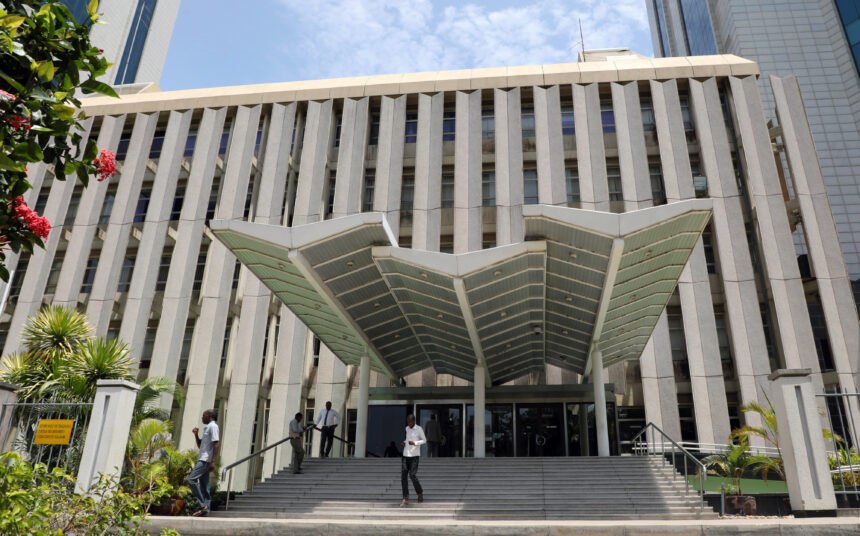Tanzania’s Central Bank has released its latest Monetary Policy Committee (MPC) statement, revealing that the country’s foreign exchange reserves stood at $4.9 billion at the end of April 2023. This marks a decline from the $5.5 billion recorded in April 2022. Despite the decrease, the reserves are deemed sufficient to cover 4.4 months of imports, which meets the country’s benchmark of at least 4 months.
According to Emmanuel Tutuba, the Governor of the Bank of Tanzania, the drop in foreign exchange reserves can be attributed to various external shocks. These include the spillover effects of the war in Ukraine and the lingering impact of the COVID-19 pandemic, which have led to elevated commodity prices, disrupted supply chains, a rising current account deficit, and pressure on foreign exchange. Additionally, the country has faced challenges due to the high cost of borrowing in international markets.
Considering the prevailing domestic and global economic conditions, the MPC has approved continuing a less accommodative monetary policy throughout May and June 2023. This approach aims to ensure that inflation remains within the target of 5.4 per cent for the remainder of 2022/23 while supporting the achievement of quantitative performance criteria under the IMF ECF arrangement for the quarter ending June 2023. Governor Tutuba stated that the Central Bank would closely monitor economic developments and take necessary actions to address any unwarranted shocks.
On the domestic front, the MPC noted that Tanzania’s growth trajectory remains on track, buoyed by improved business conditions, sustained public and private investment, tourism recovery, and strong credit growth in the private sector. Mainland Tanzania’s economy grew by 5.2 per cent in the first three quarters of 2022, and high-frequency economic indicators suggest a robust growth rate of approximately 5 per cent for the entire year 2022 and around 5.2 per cent for 2023. Meanwhile, the economy of Zanzibar experienced significant growth, expanding by 6.8 per cent in 2022 compared to 5.1 per cent in 2021. The projection for Zanzibar’s economy in 2023 is a further growth rate of 7.1 per cent.
It is worth noting that the provided information has been rephrased, but the underlying facts and figures remain unchanged.


